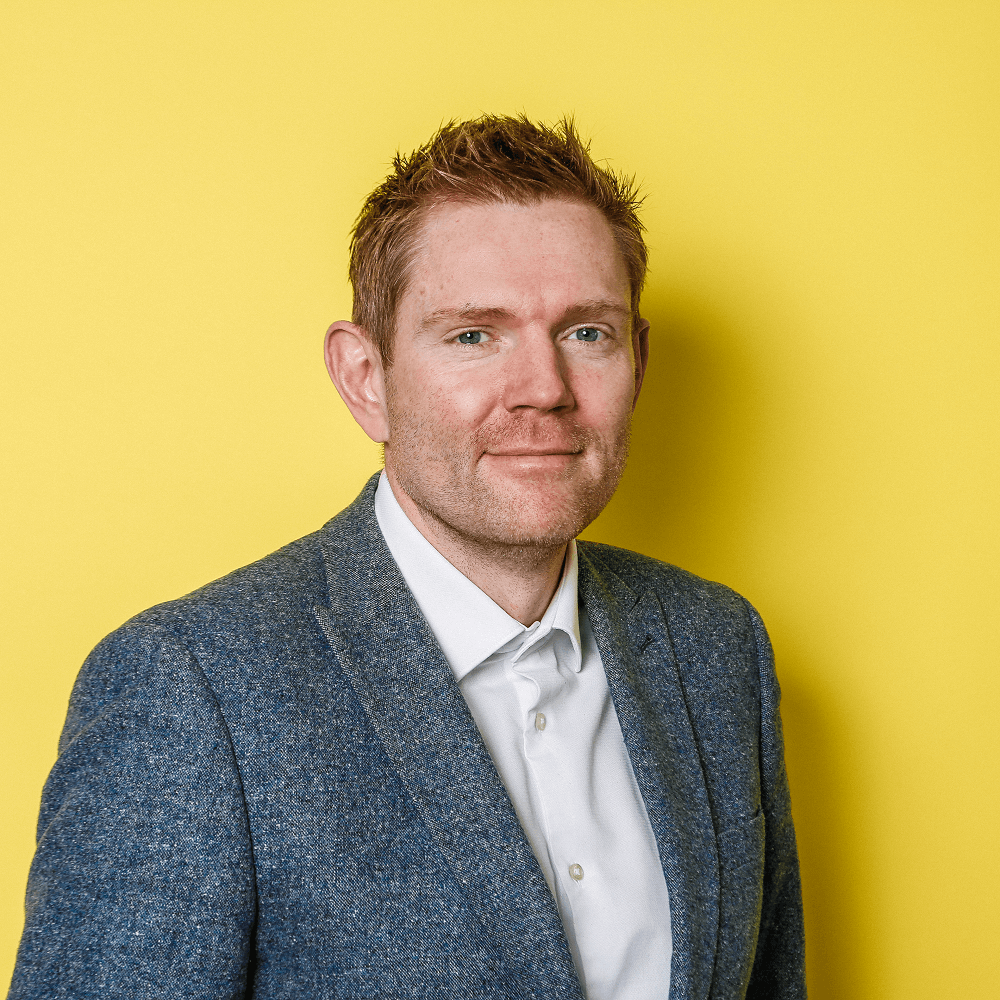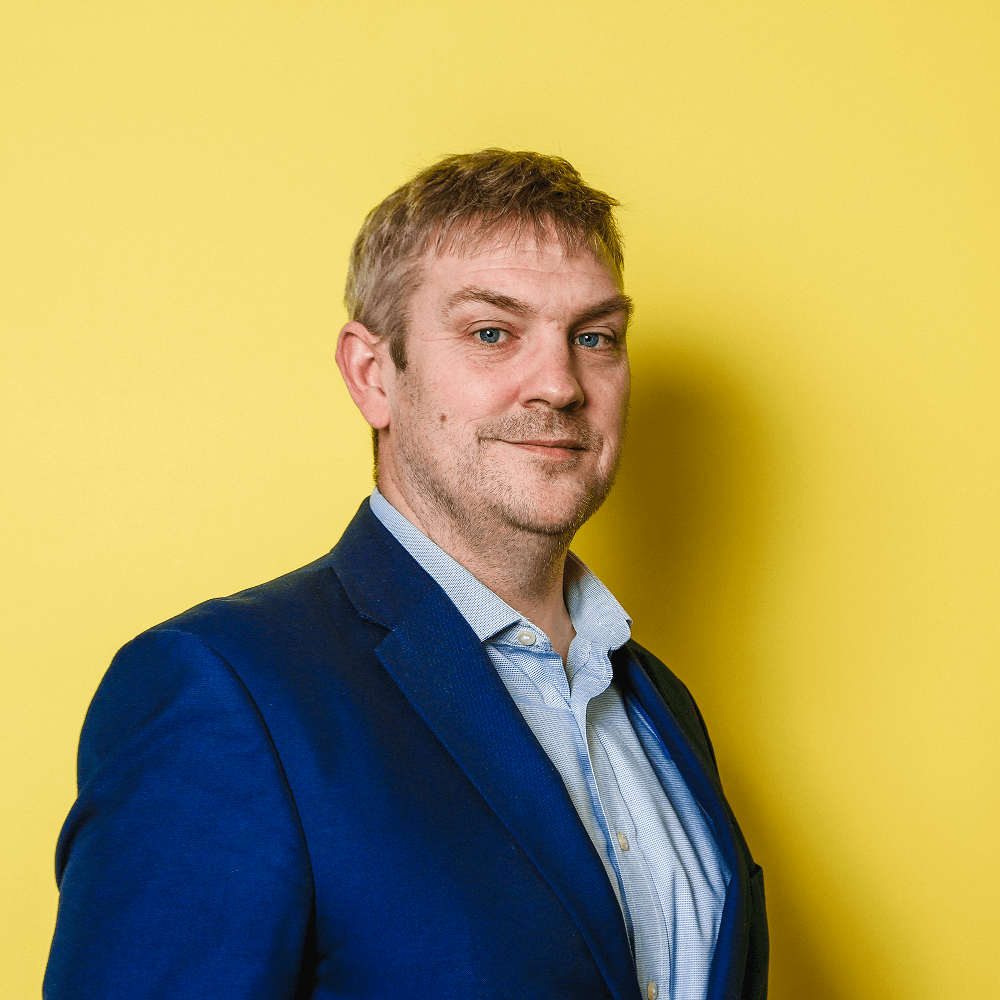Environmental, Social & Governance
Social and Environmental Impact Policy
We care about how the built environment shapes our society and natural environment. We choose to apply our skills to create sustainable value the maximises economic, social, and environmental impact. We role model the change we want to see in our sector, delivering the highest standards of social and environmental responsibility. Our commitment to delivering betters, is at the core of this policy and informs:
- The clients we work with and the types of projects we choose to work on
- Our civic commitments and sector advocacy
- Our actions as a team and our footprint
As a minimum standard we are committed to complying with relevant environmental and social value legislation
Clients
We choose to work with clients who share our values and not work with clients whose work or values are at odds with our own. We have an established group of clients committed to evolving the way they work, which provides an opportunity to embed positive social and environmental change. We use a four capitals model (social, natural, human, and produced) to help our clients define and deliver better social, environmental, and economic outcomes. We advocate the use of products and processes that have the least possible environmental impact. We want 100% of our clients to say that our services have added social, environmental, or economic value and commit to surveying all our clients to ask this question.
Our civic commitments and sector advocacy
We advocate for change within our sector. Our people are actively encouraged to lead and engage with sector dialogue to improve our collective social and environmental impact.
Active participation in sector leadership
We give our time to sector leadership forums and policy development, to drive better outcomes for the built environment.
Sharing skills and knowledge
We support skills development on social and environmental impact, which includes delivering training for Social Value UK and the Supply Chain Sustainability School. We maintain close connections with five Universities; our team has provided guest lectures and employment advice to students.
Civic engagement
Our employment terms commit our staff to a minimum of 20 hours of civic engagement activities.
Our actions as a team and our footprint
As a purpose-led business with B-Corp pending status, we take our impact seriously. All our people complete a sustainability learning pathway. These are the steps we take to add value:
Procurement
We choose our suppliers carefully, giving first preference to SMEs, local businesses, and minority-owned organisations wherever possible.
Equal opportunity
We monitor our employee diversity, staff satisfaction, and pay ratios. We pay all employees and contractors living wage. We encourage the next generation to consider careers in the built environment and accommodate work placement students each year.
Fighting climate change
We measure and minimise our scope 1, 2 and 3 emissions. Leading by example, we will be a net zero business in 2022. As our business grows, our overall emissions will likely increase. We will minimise the impact by:
- Minimising corporate travel and encouraging use of public transport where possible
- Accurately measuring Akerlof’s GHG emissions
- Activating strategies to reduce GHG emissions as far as possible, with particular focus on the carbon intensity per employee
- Work with trusted providers to offset remaining emissions, investing in initiatives that remove carbon from the atmosphere
- Invest in innovation to reduce carbon emissions of the sector.
Our employees and subcontractors share a responsibility to implement this Policy. Our Social and Environmental Impact Policy will be reviewed and updated annually to ensure it continues to reflect our organisation as our business grows. Responsibility for social and environmental impact sits with the Partner leading ESG, who oversees the strategy, policy, measurement and reporting.




